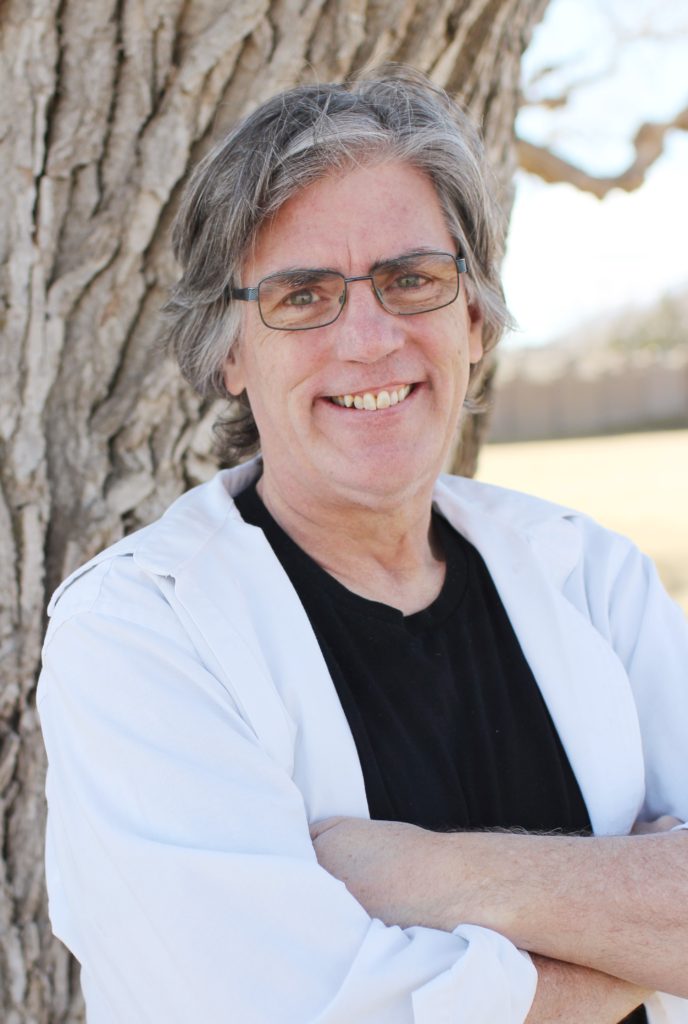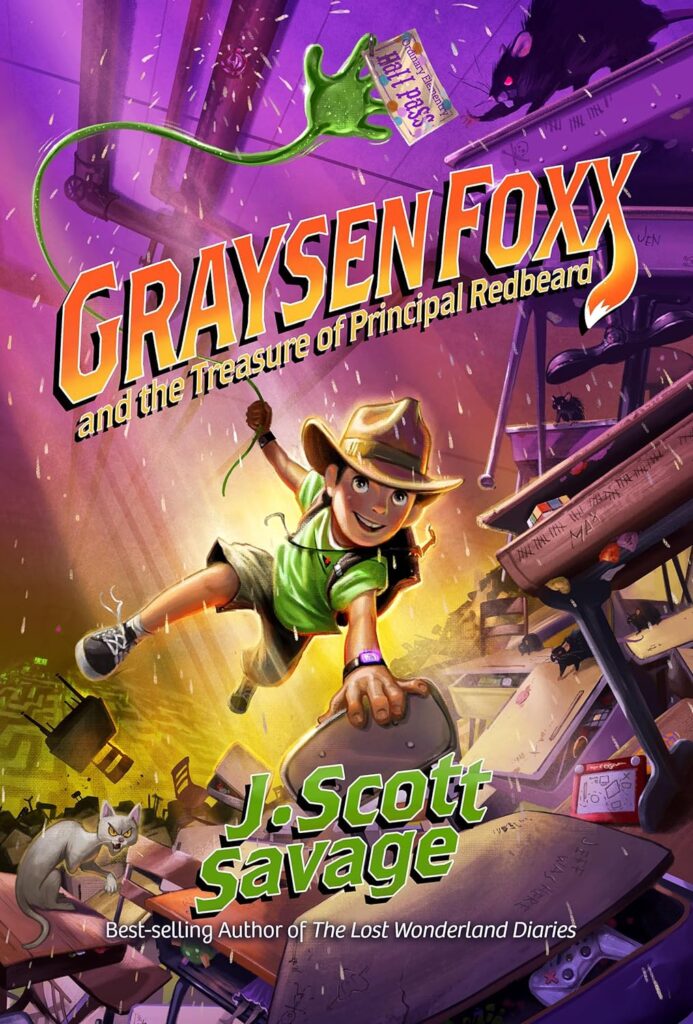
Tech executive J. Scott Savage had always dreamed of becoming an author; however, it wasn’t until the collapse of a $100-million deal to sell his internet company that he turned to writing to relieve stress. He explains, “I would write a few chapters, and my sister, DeAnne, would read it and go, ‘Hey, this is great. You’re going to write more.'” Encouraged by his sister’s positive feedback, he sent his high-tech thriller to Covenant Communications, a small Utah publisher. Six months later, they offered to publish his book. Looking back at his first novel, J. Scott says, “There are a lot of things that I would have done differently with that story now… But at the time, because there were no aspirations of getting it published, I didn’t know enough to know what I was doing wrong.” Despite facing numerous rejections after his first acceptance, he continued working toward his dream of writing books. He says the obstacles are all part of the process, and making mistakes helped him learn what he knows now.
Initially, he thought, “Okay, that’s it. I’m an author. I’m going to quit the high-tech world. I’m going to go buy a cabin by the lake, and then I saw my first royalties, and I was like, oh no, I guess I won’t do that.” If he had depended on the income from being a writer during the first two decades of his writing career, he would have likely given up. Instead, he realized that creators must engage in creative endeavors out of love for their art rather than financial gain. “You never want to tell someone, hey, you can’t make a living at this, because you can make a living at any creative endeavor. But you’ve got to start doing it because you love it because most creative people are not making enough money to live off it. And oftentimes, it’s combining it with something else or a different approach.”
Later, J. Scott transitioned into writing middle-grade fantasy books. He recalls, “So, I started writing adult books, didn’t think I could write kids’ books, but I eventually discovered that [writing middle-grade books] was… my calling, and my very first middle-grade book came out literally within months of… another recession.” He used the severance pay from his tech job to embark on a school tour to promote his debut middle-grade book. His efforts to promote the book weren’t successful in the way he had hoped, but he loved inspiring children to read and write. He recalls, “Looking back, though, what felt like a failure was where I really learned to do what I do now.”
J. Scott highlights the importance of treating young readers respectfully instead of talking down to them. When he visits schools, he shares stories from his own childhood that kids can relate to, like growing up with ADHD, wearing an eye patch, and going to speech therapy. He says, “As a writer myself, I think it’s valuable to know that someone who has published numerous books believes that others can do the same. My message to aspiring writers is to find their unique voice, make an impact, and celebrate their differences.”
In a world filled with countless distractions for children, J. Scott aims to provide opportunities for kids to learn to express themselves through writing. “Sharing stories can help us understand each other’s perspectives and appreciate our differences.” His two goals for nurturing empathy in young writers are to show them that reading and writing are fun and safe. “I tell them there is no wrong answer. I’ve had some somewhat questionable things that we come up with, whether a butt monster or a farting unicorn or whatever, but the thing is that once they know that there’s no wrong answer, that it’s not a right and wrong test, it changes things.”
Teachers verify that his teaching technique works, citing instances where children previously hesitant to write were inspired to craft engaging narratives, such as a story about a farting chipmunk. In the past, the teachers would have rejected this idea for being inappropriate, but because of his advice, “literally, by the end of the day, [the students] had put together a five-page story.”
By fostering a love for books in school-age children, J. Scott has been able to instill within them a desire to read that lasts throughout their lives. He is often approached by young adults who say, “I know you don’t remember, but when I was in fifth or sixth grade, you came to my school. I hadn’t read anything, but after your assembly, I wanted to read that, and I finished that book, and I told my mom I wanted to read more. I just wanted to come and thank you… it’s because of you coming and visiting my school that I love reading now and that I’ve continued to read.”

J. Scott’s life lessons and personal triumphs echo through the pages of his books. His narratives, replete with compelling characters navigating challenges, inspire readers embarking on their personal journeys. According to him, reading about characters in challenging situations triggers the release of specific chemicals in the brain. When young readers immerse themselves in books, the same chemical reactions occur. This phenomenon has a transformative power. Readers see their favorite characters triumph over adversity and think, “I can do that too!”
The positive messages J. Scott gets from readers and teachers help keep him motivated when the business of writing becomes discouraging. He points out that the goal isn’t necessarily to write the next bestseller, but to sell enough books to keep writing more. Despite facing times when he doubts himself and money is tight, he finds strength in moments when people tell him that his stories or classes made a difference in their lives. He shares a story about a friend who wrote a book that didn’t sell well. He assured her that it wasn’t her fault—it’s just how the publishing world works sometimes.
J. Scott encourages new authors to involve loved ones in their writing journey, seek local mentors and organizations, and use the internet to connect with like-minded individuals. He emphasizes that the gift of writing is a calling from God to impact lives positively. “Whether you’re writing your first book or your twentieth book or whether you’re selling a lot of books or not, whether you’re touring or whatever—I feel like you’ve been given that talent as a calling, and magnifying your calling doesn’t guarantee you’re going to make a lot of money or be famous, but it does guarantee that you’re taking those talents and you’re doing something with them.”
This article is based on the Called to Create podcast featured during Season 3, Episode 8. You can listen to the full podcast here.




Leave a Reply